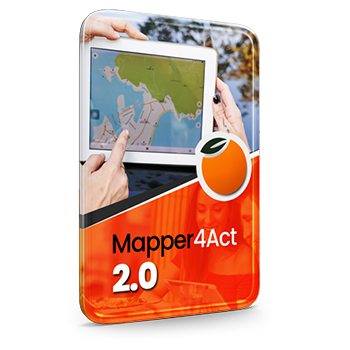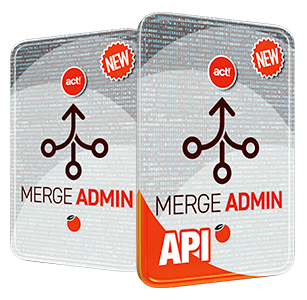Excel is a powerful tool that can be used for various purposes, including data management. However, no software application is the best at all functions, and one big example is Excel is a lousy tool for customer relationship management (CRM). Here are some reasons why:
- Data Errors: Excel is prone to data entry errors. One incorrectly entered piece of data could spawn a domino effect and cause all sorts of rows & columns, causing serious problems. According to recent research, more than 88% of spreadsheets contain errors.
- Time-Consuming: Managing data in Excel can be time-consuming. Users often spend a significant amount of time preparing the data for analysis rather than performing the actual analysis.
- Lack of Collaboration: Sharing Excel files for collaboration can be challenging. Spreadsheets are usually larger than email attachment size limits, and sharing the master copy runs the risk of someone breaking a formula or entering unclean data. Also, with Excel, when one person is logged in, the others can access it in "read-only" mode.
- Surface-level Analysis: Excel provides very surface-level analysis and doesn’t provide a full picture or all the answers that one would expect for business intelligence needs.
- Manual Data Entry: You’ll need to manually input every interaction, lead, email address, and other customer information into your Excel CRM.
- Lack of Integration: Excel spreadsheets don’t integrate natively with marketing, sales, and service systems.
- Limited functionality: Excel is not designed specifically for CRM, and therefore lacks many of the features that a dedicated CRM solution would offer. For example, CRMs often provide advanced data analytics, notes & history logging, scheduling, appointment reminders, workflow automation, and multiple-user collaboration.
- Difficulty in scaling: As your business grows, you may find yourself needing additional features and more advanced functionality than a spreadsheet offers. Functionality you can only get with a CRM.
- Better alternatives available: There are many CRM solutions available, including Act!, that are designed specifically for customer management and offer more advanced features than Excel.
While Excel is a versatile tool, it’s not designed to handle the specific needs of a CRM system. A dedicated CRM system can provide more robust features such as automation, integration with other systems, detailed customer profiles, sales forecasting, and more. If you’re looking to improve your customer management capabilities, it’s worth considering Act!.




































